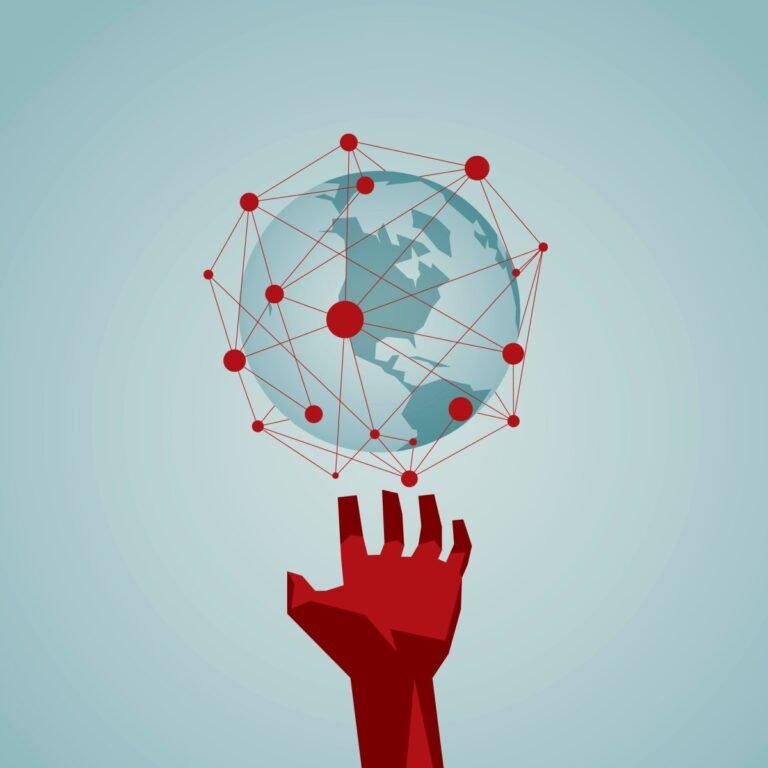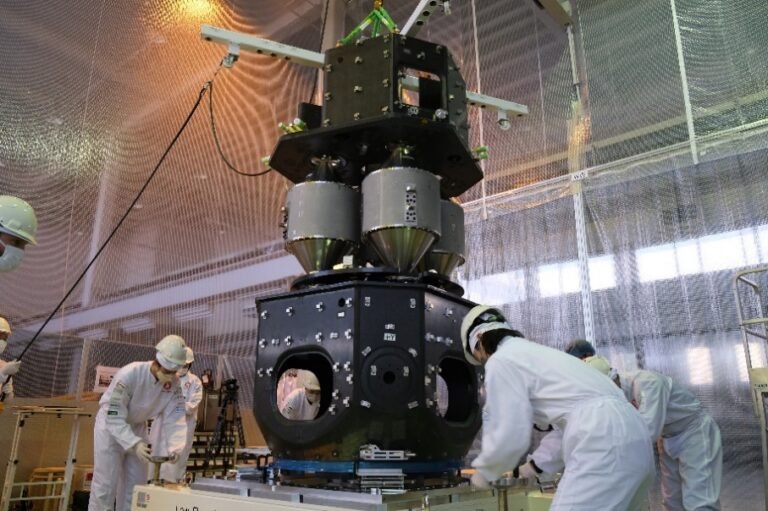
Wastewater from these plants emerges laden with sodium sulfate, a byproduct of sulfuric acid and caustic soda, two chemicals used in battery manufacturing, copper refining and other industries.
“We can totally create a circular economy around these reagent chemicals,” Bilen Akuzum, co-founder and CTO of Aepnus Technology, told TechCrunch.
The two founded Aepnus to modernize the century-old chloralkali process, which splits salts like sodium sulfate back into the acids and bases that created them.
“We don’t use any expensive catalysts in our electrolyzers,” Akuzum said.
For customers, fully recycling sodium sulfate waste should reduce disposal and material costs.

Application programming interfaces (APIs) power the modern internet, including most websites, mobile apps, and IoT devices we use.
This phenomenon, often referred to as the “API economy,” is projected to have a total market value of $14.2 trillion by 2027.
How AI integration changed the API landscapeVarious kinds of AI have been here for a while, but it’s generative AI (and LLMs) that completely changed the risk landscape.
Many AI companies use the benefits of API technologies to bring their products to every home and workplace.
Various kinds of AI have been here for a while, but it’s generative AI (and large language models [LLMs]) that completely changed the risk landscape.

The emergence of a lunar economy presents immense potential for growth for both Lockheed Martin and Crescent Space Services. With the moon becoming an increasingly popular destination for exploration and…

If all goes according to plan, Tokyo-based ispace will be the first company to land a spacecraft on the surface of the moon in over three decades. The Hakuto-R lunar…







